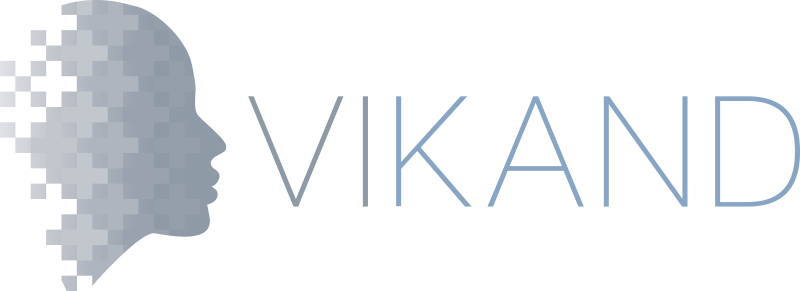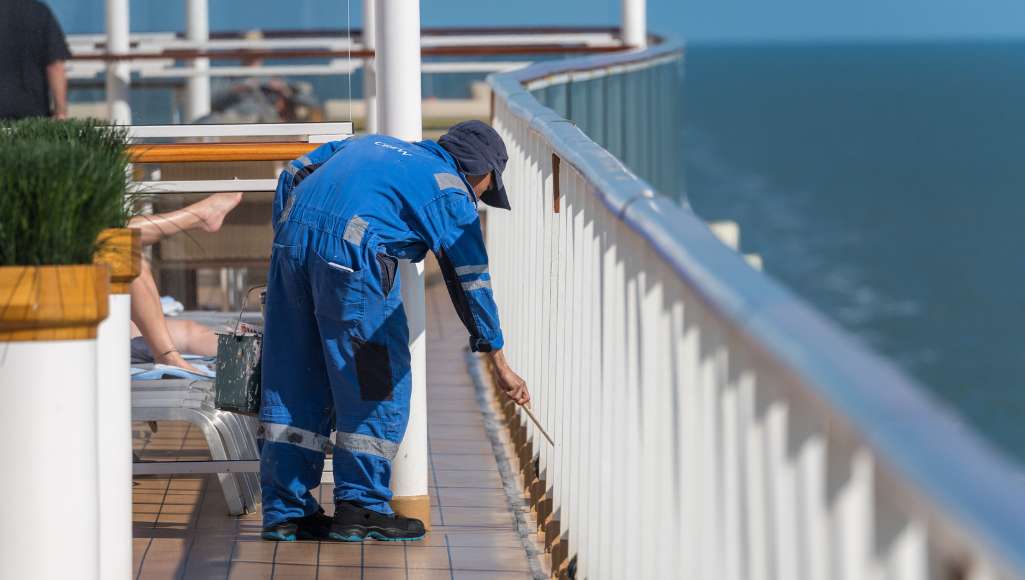
New Trends Reshaping Healthcare at Sea
By Camilla Bock, Vice President of Operations and Human Resources
From commercial shipping and resource exploration to leisure cruising, the maritime industry is a critical force in the global economy. However, to sustain an industry that billions depend on, increasingly higher levels of proactive medical care are needed to keep people healthy at sea. From crew members to guests, good health is imperative.
As human resources professionals who support medical care for maritime operators, we see a number of emerging trends, changing expectations and new opportunities that are actively reshaping the maritime medical profession. Here is a closer look at what is happening and how these forces are reshaping the future of healthcare at sea:
Emerging Trends
- More Demand for Medical Professionals: There is growing demand for doctors, nurses, paramedics and other qualified medical personnel, driven by an expanded focus on health and safety regulations and on the overall well-being of guests and crew, particularly in the aftermath of COVID-19.
- Expanded Telemedicine & Remote Healthcare: The adoption of telemedicine for the remote diagnosis and treatment of medical conditions is on the rise, fueling demand for shoreside medical staff with maritime experience.
- Increased Awareness of Mental Health: As mental health finally gets more attention in the maritime industry, an increasing number of programs and initiatives have emerged to support seafarer wellness. The isolated and demanding nature of life at sea has underscored the importance of proactively addressing mental health issues.
- Training & Certification Requirements: Operators are implementing stricter standards for medical training and certification, which ensures that medical professionals are equipped to handle the unique challenges of providing healthcare at sea.
- Post-Pandemic Workforce Shifts: Interest in maritime careers is rebounding, with more professionals seeking opportunities at sea. However, today they are demanding better terms and conditions.
- Language & Cultural Diversity: As operators – especially cruise lines – expand into new regions, such as Asia and the Middle East, there is an increasing need for medical staff fluent in languages like Arabic, Japanese and Mandarin.
Changing Expectations
From crew members to cruise guests, people’s expectations of medical care at sea are rapidly evolving. There is now an expectation for shoreside-quality care standards on board ships, with well-trained personnel and adequate medical facilities. There is also the expectation that operators and their staff members comply with global health regulations, such as those set by the International Maritime Organization (IMO) and Maritime Labour Convention (MLC). And finally, maritime medical professionals are now expected to keep their skills current through ongoing training, new certifications and practical experience, such as working at hospitals between deployments.
New Opportunities
In addition to emerging trends and changing expectations, we see many new opportunities for improvement – especially from an HR perspective. Operators have access to a wide range of onboard wellness programs to support physical fitness, mental health, stress management and more, which can significantly enhance the well-being of seafarers with supporting retention.
Currently, it is challenging for the maritime industry to attract and retain talent, particularly experienced doctors and other medical professionals. Candidates closely scrutinise benefits, accommodations, wages, contract length, work-life balance and other considerations. Many employers try to incentivise high-skill workers with shorter, more flexible contracts, better pay, career development opportunities, a more supportive work environment and more.
HR is Here to Help
Right now, maritime medical professionals face unique challenges and opportunities, but HR departments can play a critical role by assisting with regulatory compliance, providing professional development options, and fostering a more supportive work environment. By focusing on these areas, HR can help cultivate a robust medical workforce that enhances the health and well-being of seafarers and guests, ultimately contributing to the overall success and sustainability of the maritime industry.
In this edition of Pulse, discover how AI is set to transform healthcare at sea, learn more about why healthcare solutions can help maritime operators reach their ESG goals, get up to speed on the new service agreement between VIKAND, Navarino and Angelakos (Hellas) S.A., read our latest news and find out which global events we’re attending next.


